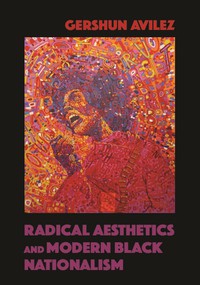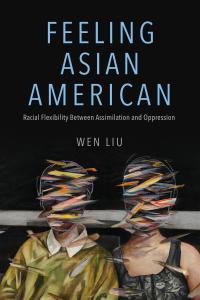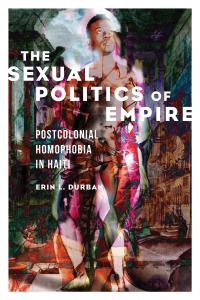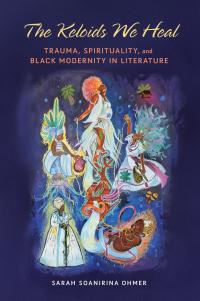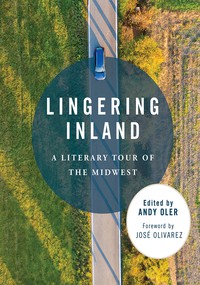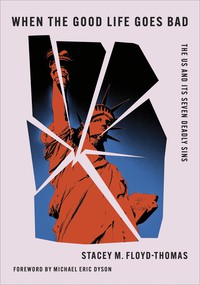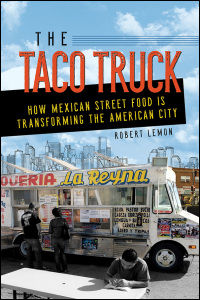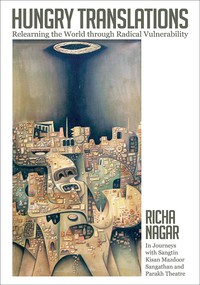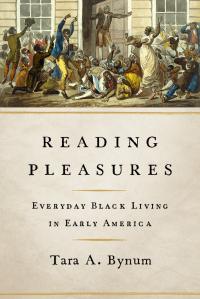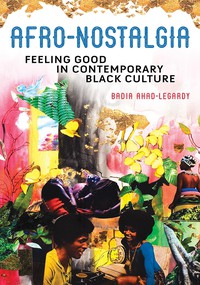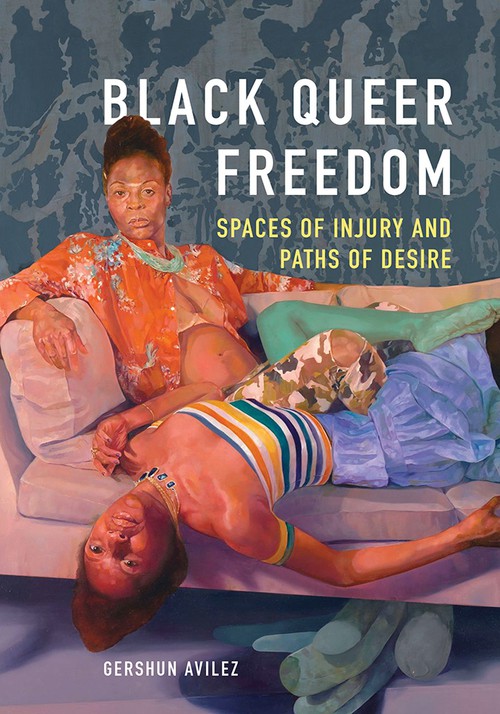
Black Queer Freedom
Cloth: 11/09/2020
About the Book
Whether engaged in same-sex desire or gender nonconformity, black queer individuals live with being perceived as a threat while simultaneously being subjected to the threat of physical, psychological, and socioeconomic injury. Attending to and challenging threats has become a defining element in queer black artists’ work throughout the black diaspora. GerShun Avilez analyzes the work of diasporic artists who, denied government protections, have used art to create spaces for justice. He first focuses on how the state seeks to inhibit the movement of black queer bodies through public spaces, whether on the street or across borders. From there, he pivots to institutional spaces--specifically prisons and hospitals--and the ways such places seek to expose queer bodies in order to control them. Throughout, he reveals how desire and art open routes to black queer freedom when policy, the law, racism, and homophobia threaten physical safety, civil rights, and social mobility.Reviews
"GerShun Avilez highlights the impact of injury's threat to Black queer life through the diaspora. . . . These writers negotiate risk in order to express desire, intimacy, and the potential for freedom. . . . A brilliantly researched and clearly written book. . . . A model of what scholarship should be in this contemporary moment." --GLQBlurbs
"Black Queer Freedom is an outstanding work of literary and cultural criticism, and exemplary of the riches to be had in black queer studies. It illuminates how space--be it the street, the prison, the hospital, or the place of labor--mediates our injury and our desire. The black queer subject, what Avilez calls 'the injury-bound subject,' is shaped by spatial injury and vulnerability and also enlivened by desire. Avilez explores how black queer artists articulate the erotic imperative of spatial justice, offering artistic address that exceed legal redress available for black queer people. Considering a wide array of genres—poetry, fiction, memoir, ethnography, oral history, and portraiture--and traversing a wide terrain—Canada, Jamaica, South Africa, United Kingdom, and United States--Avilez shows the capaciousness of black queer life and art and indeed guides us to reach higher ground where freedom is possible."--Dagmawi Woubshet, author of The Calendar of Loss: Race, Sexuality, and Mourning in the Early Era of AIDS
"With pristine writing and bold thinking about queer desire, gender, and spatial justice, Avilez's Black Queer Freedom is a timely addition to the growing body of scholarship on black vulnerability, trauma, and queerness. Avilez dynamically illustrates how gender non-conforming artists are important to challenging the boundaries of black freedom."--L. H. Stallings, author of Funk the Erotic: Transaesthetics and Black Sexual Cultures
